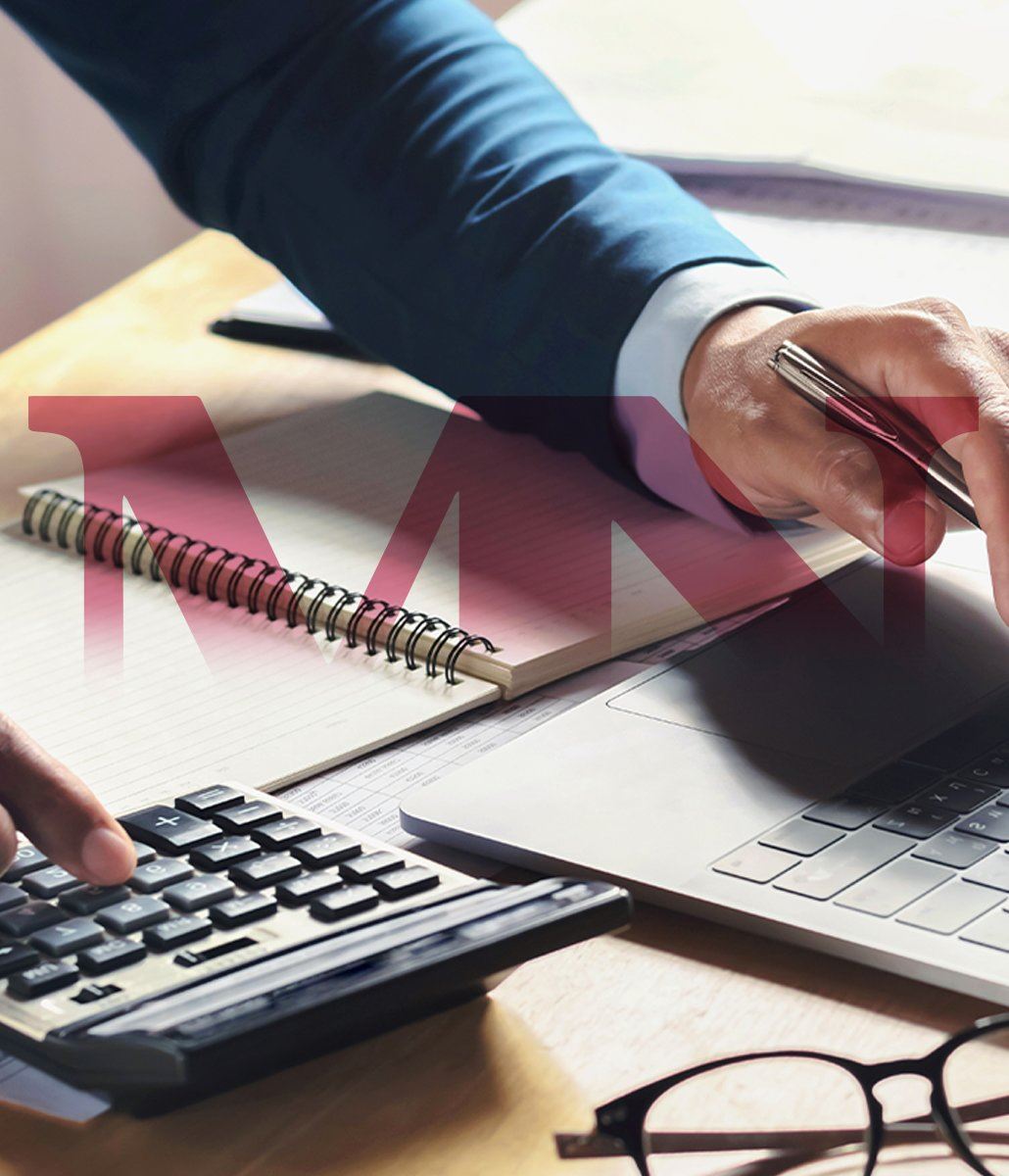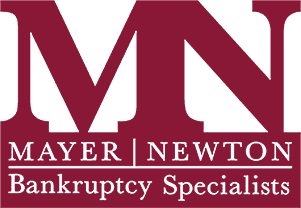
Knoxville Credit Card Debt Lawyer
Effective Solutions for Credit Card Debt Relief in Knoxville – Explore Your Options with Expert Legal Guidance
At The Law Offices Of Mayer & Newton, we understand that credit card debt can quickly become overwhelming. Whether you are struggling to make minimum payments or facing collection calls and lawsuits, our experienced bankruptcy attorneys can help.
Credit card debt can spiral out of control for a number of reasons, including unexpected expenses, job loss, medical bills, and more. It can also be tempting to use credit cards to fund a lifestyle beyond your means. Regardless of the reasons for your debt, we can help you explore your options and make informed decisions about your financial future.
Our Credit Card Debt Services include:
- Debt Settlement Negotiations
Our attorneys have extensive experience negotiating with creditors and debt collectors on behalf of our clients. We can help you negotiate a settlement that reduces your overall debt and makes it more manageable to pay off. - Bankruptcy Filings
Bankruptcy can be a powerful tool for resolving credit card debt and other types of debt. Our attorneys can help you determine if bankruptcy is the right option for your situation and guide you through the process from start to finish. - Credit Counseling and Budgeting
We believe that financial education is an important part of any debt relief strategy. We can help you develop a budget and financial plan that helps you avoid future debt problems and build a stronger financial future. - Defense Against Collection Lawsuits
If you are facing a collection lawsuit related to your credit card debt, our attorneys can help you defend your rights and negotiate a fair settlement.
At The Law Offices Of Mayer & Newton, we are committed to helping our clients find effective solutions to their credit card debt problems. Contact us today to schedule a consultation and learn more about how we can help you.
Frequently Asked Questions (FAQ)
- Can I get out of credit card debt without filing for bankruptcy?
Yes, it is possible to resolve credit card debt without filing for bankruptcy. Some options include debt settlement, credit counseling, and negotiating directly with creditors. A skilled attorney can help you explore these alternatives and guide you through the best strategy to manage your debt. - How does debt settlement work?
Debt settlement involves negotiating with creditors to reduce the amount of debt you owe. You may agree to a lump sum payment or a series of payments that are lower than the original debt. While this can be an effective way to resolve debt, it can impact your credit score and may have tax implications. - Will debt settlement affect my credit score?
Yes, debt settlement can hurt your credit score, as creditors may report that you settled for less than the full amount owed. However, it may still be a better option than bankruptcy if you’re looking to avoid its long-term consequences on your credit report. - How long will it take to resolve my credit card debt?
The time it takes to resolve credit card debt depends on the method you choose. Debt settlement may take months or even years, depending on negotiations. Bankruptcy typically takes a few months to finalize (for Chapter 7) or 3-5 years for a repayment plan (Chapter 13). Each case is unique, so it's important to speak with an attorney to get a timeline specific to your situation. - Can I keep my credit cards if I file for bankruptcy?
In most cases, you will not be able to keep your credit cards after filing for bankruptcy. If you file for Chapter 7 bankruptcy, your credit card debt will be discharged, and you will likely have to close your credit card accounts. However, you may be able to apply for new credit after your bankruptcy case is complete, although it may take time to rebuild your credit. - What is the difference between Chapter 7 and Chapter 13 bankruptcy?
Chapter 7 bankruptcy is a liquidation process where most of your unsecured debts, like credit card debt, can be discharged. In Chapter 13, you will create a repayment plan to pay off your debts over 3-5 years. Chapter 7 is often quicker, but Chapter 13 allows you to keep more assets, and some debts (such as mortgage arrears) can be restructured. - Do I need a lawyer to negotiate a debt settlement?
While you can negotiate debt settlements on your own, hiring an experienced attorney can help you get better terms and avoid common pitfalls. A lawyer can communicate directly with creditors, ensuring that your rights are protected and that the settlement is in your best interest.
To request your free case consultation with our law firm, give our Knoxville credit card debt lawyer a call today at tel:(865) 328-7993.
```

Client Reviews
Hear It From the People We Have Helped-
"I only had the pleasure of working with this office for a couple short years. These were some of the hardest years of my life and they helped tremendously with easing some of my burdens. This office ..."Kyle Gartman
-
"If you have any questions any member is quick to get back to you and ensure you are taken care of. I went in with false pretenses of bankruptcy and they pointed me in the right direction, extremely ..."
-
"They are very professional and always answered any questions that we had. would recommend this office for any help that you need. thanks again for everything"Mary Neal
-
"Very happy client. The attorneys and staff went above and beyond to help me resolve my issues. They were polite, understanding, and passionate about my case. They always had my interests in mind, ..."Casey
-
"They were able to help us to easily navigate the bankruptcy process, they were kind and knowledgeable, and treated us with dignity through a process that can be extremely distressing. John Newton is ..."Helen Carlyle
Schedule a Free At-Home Consultation
For your convenience we offer free consultations over the phone or by video. Contact us today.

